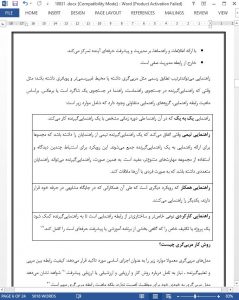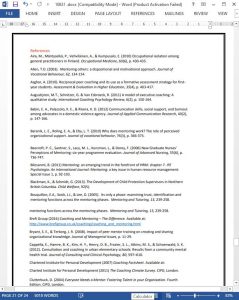Introduction
Support and development for front-line practitioners who work with children, young people and families has become increasingly important in recent years due to greater demands on services, and practitioners themselves. Professions such as teaching, nursing and social work in particular are experiencing issues with staff retention and burnout. The service delivery demands on front line practitioners can lead to neglect of their own professional and personal needs. The use of coaching and mentoring as support and capacity building interventions for practitioners is growing. These are recognised as approaches which offer additional benefits to traditional training approaches.
What is Coaching?
There is no single agreed definition of coaching in the literature. The term is often used interchangeably with mentoring and sometimes counselling. All of these approaches use ‘helping’ behaviours. Coaching is distinct in that it is a collaborative helping relationship between a coach and coachee, which is focused on working in a systematic way towards agreed goals to enhance professional performance, foster ongoing self-directed learning, increase personal satisfaction and personal growth.2 In a work place context, there are typically three parties to a coaching agreement: the coach, coachee and their organisation. The coaching agreement (sometimes referred to as the contract) sets out the goals for the coaching. This directs the work between the coach and coachee. As a discipline, coaching draws from a number of areas of study including psychology, sports coaching and business.3











